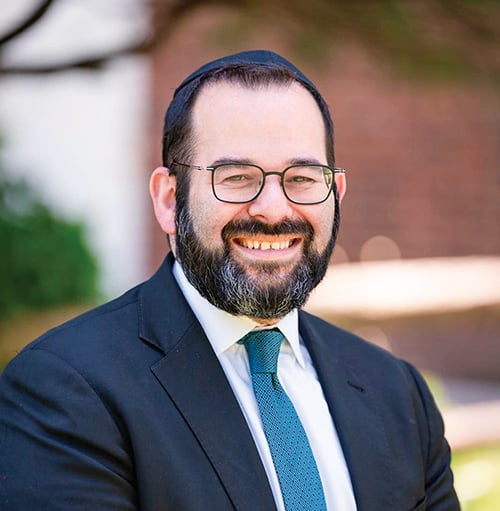(Courtesy of The Therapy Place) According to the Centers for Disease Control and Prevention, 6 million children aged 3-17 have been diagnosed with ADHD, according to the 2016-2019 data. For people who have ADHD, the part of the brain that is responsible for executive functions works differently. Children (and adults) with ADHD have a harder time organizing, sorting and processing information. As a result, communication is more challenging.
Children With ADHD Have Expressive and Receptive Communication Difficulties
Common communication-related signs caused by ADHD include:
Difficulty staying on topic. Others can have difficulty understanding what a child with ADHD is talking about due to topic-jumping. This can make the child and the listener feel frustrated.
Talking too much and not giving the other person an adequate turn to speak. This can cause others to shy away from conversations with the child.
Getting distracted when others are talking, especially if more than one person is speaking at a time. This can cause a child with ADHD to miss important information at home or in the classroom.
Calling out answers in class. When a child calls out in class, they can be seen as rude or disruptive. Repeated outbursts can be seen as intentional and lead to getting in trouble at school.
Difficulty listening and paying attention to multiple people talking in a group setting. A child with ADHD can struggle at family gatherings or social events, and they can also struggle with participating in group projects at school.
Difficulty shifting focus from one person to the next. This can be especially difficult in a loud classroom.
Forgetfulness. A child with ADHD may forget what they want to say. This can give the appearance that a child does not have a response to a question or is not interested in a two-way conversation. A child with ADHD can also forget what someone else has said to them. Forgetting details or important information can make it appear that the child does not value what was said.
Difficulty expressing thoughts and needs. A child with ADHD may not have their needs adequately met because they cannot organize their thoughts to request what they need. The inability to effectively express their thoughts can affect school grades as well.
Communication Challenges Can Negatively Affect a Child’s Participation in Activities
When a child has communication difficulty, they can have difficulty participating in leisure, school and social activities.
Leisure activities: Children with ADHD can demonstrate argumentative attitudes, lack of focus, and frustration that can directly and negatively affect participation in team sports.
School activities: Children with ADHD are often made to feel that they can’t be successful.
Social activities: ADHD impacts a person’s ability to engage with others. They may have poor social skills when they have ADHD-related communication difficulties.
Speech Therapists Are Skilled in Working With Children Who Have Communication Challenges
Children with ADHD who receive the proper support and are taught helpful skills can thrive. One type of help available to children with ADHD is speech therapy. Speech therapists are experts at expressive and receptive language. Expressive language is sharing thoughts and feelings. Receptive language is understanding what others say.
Speech Therapists Can Set Your Child Up for Success With Helpful Communication Techniques
Speech therapists are able to provide children and their families with effective communication techniques and activities that are engaging and fun. Some common techniques that speech therapists work with children on are:
To keep eye contact during conversations.
To organize their brain by summarizing what they have been told.
How to break down conversations or instructions into smaller, easier-to-understand parts.
How to use active listening techniques.
To use visual aids and make lists to understand better and remember information.
Improving communication skills has a positive effect on a child in many ways:
- Self-esteem
- Self-confidence
- Increased social network
- Increased life opportunities
The Therapy Place has speech therapy services available to help your child improve their ADHD-related (or any type of) communication challenges. Check out our website, https://www.therapyplacenj.com, for more information about our full range of services. Our team of skilled, caring clinicians can support your child’s development and foster an environment for success.













